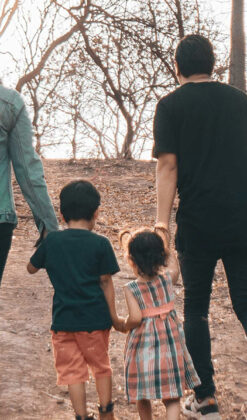Christian leaders everywhere should be asking: “How are we including, caring for, discipling, learning from, and empowering people with disabilities?” Around 25% of the U.S. population has some kind of disability. Do our churches and church structures reflect this reality?
The truth is, I have way more questions about this topic than I have answers. In fact, I’m such a novice that I hardly know what questions to ask. In the spirit of Theology in the Raw, I’ll just put these out there so you can see just how far I have to go in this conversation…
-
-
- Am I using the right language? Should I say “disabled people,” “people with disabilities,” “handicap,” “neurodivergent,” “ableism,” and the like?
- Is it helpful or offensive to have a separate “special needs” ministry?
- Do our church buildings have sufficient accessibility to welcome gifted and qualified leaders who might preach in a wheelchair? Could we even accommodate someone who walks with difficulty?
- Does our approach to how we plan worship services (sound, lighting, etc.) welcome people with sensory issues and what does this say about our values?
- Do our sermons, small groups and discipleship practices only appeal to the 75% of people who don’t have some kind of disability?
- Does the percentage of our church attendees that have disabilities match the greater population? If not, why?
-
I’m so excited to learn more about this crucial (and often neglected) area of ministry at the “Exiles in Babylon 2023” conference! I’m particularly excited about our diverse range of speakers, all of whom are personally affected by disability. Devin Stahl is a theologian of disability and experiences MS. Lamar Hardwick is a pastor and author, who is on the autism spectrum. Julie and Bill Briley have two adopted kids with Downs Syndrome and have done an amazing job making their church a safe place for people with disabilities. And Cameron Horner is a Christian leader who suffered from an accident that put him in a wheelchair over ten years ago.
I’m most excited about this conversation because I’m coming to it as a learner and ignorant Christian that needs to be challenged and informed. Christianity is a religion tailored to the marginalized and those ignored by society. I’m truly hoping that this session in particular will help us align our church structures with the rhythms of the gospel.
Join us live or virtually in March 2023! Click here to register!











